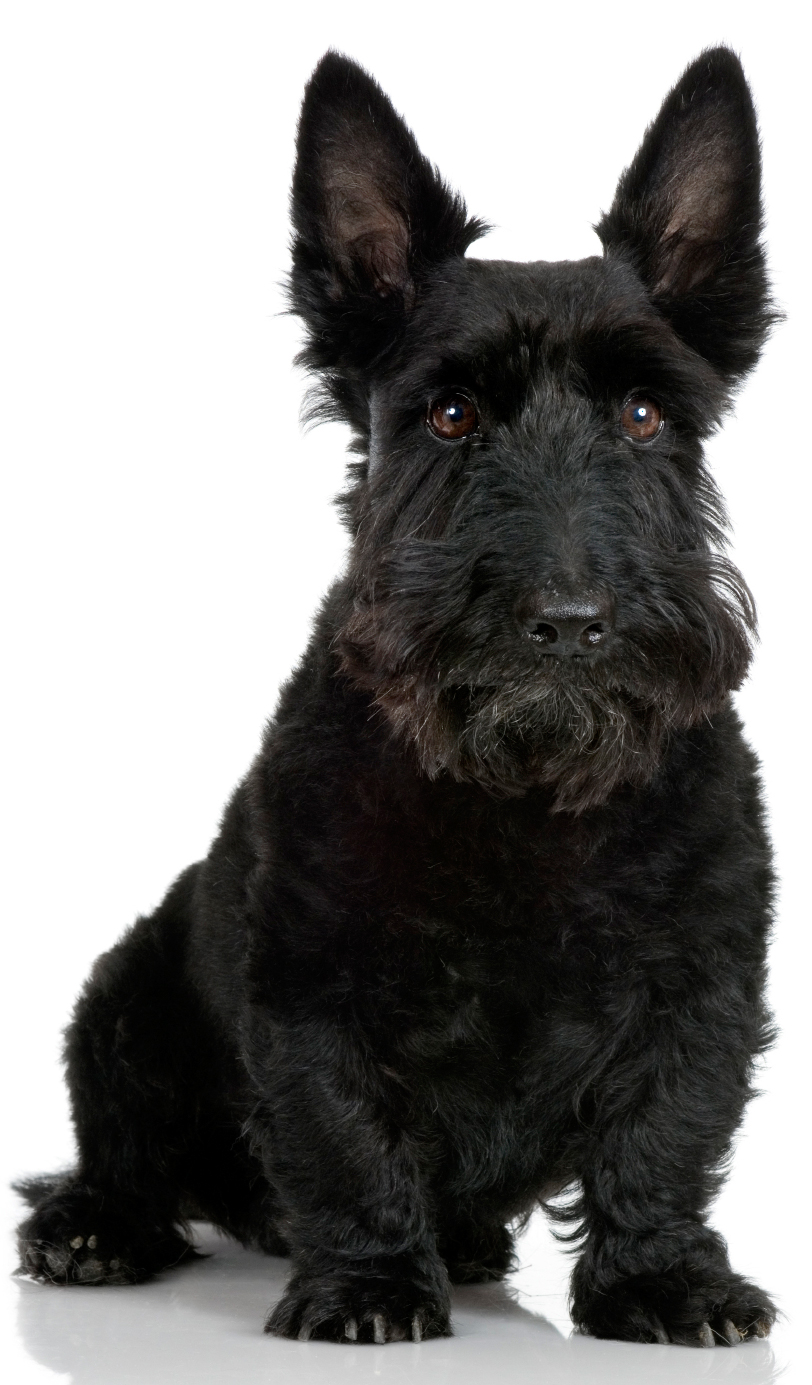CANINE GENETICS
January 22, 2012 by admin
Filed under Uncategorized
I’m currently doing some research on canine genetics and epigenetics (which relates to the alterations in genes due to environmental or lifestyle factors such as diet, toxicity, etc), when I came across the article below on canine genetics and thought I would share it here.
It was written by Elizabeth Norton and published in Science Now (15.1.12):
Sit. Stay. Scratch.
“Thanks to inbreeding, dogs are more like us than ever before. Take the golden retriever. In the past few years, the breed has begun to suffer from one of a cluster of rare diseases that also afflicts humans, maladies that cause the skin to form scaly patches and that can sometimes be fatal. A new study of golden retriever DNA shows that the same gene is mutated in the dogs and in some people, offering a much-needed clue to the disease’s origins.Mating closely related dogs helps keep the breed pure, but it can also cause trouble. “When dogs are bred for qualities like size, temperament, or color, the selected genes may be physically close to other genes that cause disease,” explains geneticist Catherine André, who heads the Canine Genetics Group at the University of Rennes 1 in France. “The mutated copy of the gene can rapidly spread in a given breed.” And that can lead to an explosion of once-rare disorders such as hip dysplasia, epilepsy, and syringomyelia (in which a too-small skull forces the brain against the spinal cord).
Also cropping up lately in golden retrievers, Jack Russell terriers, and Norfolk terriers, are forms of a series of skin disorders collectively known as ichthyosis. Named after the Greek word for fish, the disorders are so rare in people that even the most common forms affect only about one in 2500 individuals. Severe types such as Harlequin ichthyosis (which breaks the skin up into diamond-shaped plates outlined by deep cracks and is usually fatal in the first few days of life) occur so seldom that researchers can’t even make estimates of their prevalence. So it was hard to track down the gene or genes responsible. But a clue has emerged—now that dogs have started coming down with the same condition.
To determine whether canine and human ichthyosis have a common basis, André and colleagues first checked for telltale mutations in golden retrievers. Working with 20 affected dogs and 20 healthy controls, the investigators screened the entire genome with 50,000 genetic markers, ultimately finding mutations in a gene called PNPLA1. In all of the dogs with the disease, which causes whitish scales that darken with age, both copies of the gene were mutated; healthy dogs had mutations in only one copy or in neither. (Inheritance of this type of ichthyosis is recessive, meaning an individual must inherit a “bad” gene from each parent for the disease to occur.)
For the next step, directed by co-author and geneticist Judith Fischer of the University of Freiburg in Germany, the researchers tested whether human patients had mutations in the same gene. The team found mutations in six patients from two unrelated families. Mirroring the results in dogs, family members with ichthyosis had mutations in both copies of the gene, the team reports online today in Nature Genetics, suggesting that defective PNPLA1 plays a role in the disease.
PNPLA1 has not previously been linked to ichthyosis or to any disease, and until now its function was unknown. The protein produced by the gene belongs to a family of enzymes that play a key role in breaking down fats, an important process in forming cell membranes. When the investigators studied skin biopsies from golden retrievers with the disorder and from one human patient, they found abnormal cell membranes, resulting from the mutated gene, in the outer skin layer called the epidermis.
André cautions that more research is needed to establish the role of the gene’s protein in normal cell operations and in ichthyosis. To identify genes that may contribute to other types of the disease, her team is now studying forms of the condition that affect other dog breeds. Meanwhile, Fischer is testing about 100 additional patients for PNPLA1 mutations.
The study shows the power of using dog genetics to learn more about human diseases, says Heidi Parker, a geneticist at the Dog Genome Project of the National Human Genome Research Institute in Bethesda, Maryland. “When the researchers compared genetically similar dogs with disease to healthy ones, the single mutation stood out beautifully,” she says. “You couldn’t get such a clear result by testing a few unrelated families from different countries.” Parker adds that other mutations identified in dogs have lead to gene therapies for eye diseases such as genetic disorders of the retina”.
Please consult a qualified animal naturopath for advice about nutritionally-balanced diets and naturopathic medicines for the treatment of animals.
Yours In Great Health,
Sar Rooney BHSc., DC., ND., DASc., GDSc. (Hons) Zoology, MHATO, MATMS
Naturopathic Practitioner, Researcher, Lecturer, Canine Naturopath
Science-Based Naturopathy for Canine Wellbeing
Canine naturopathic health care with a clinical focus on skin conditions, inflammatory bowel disorders, chronic infections, arthritis and disease prevention.
Helping dogs achieve optimal wellness with personalised, professional naturopathic health care and individually-prescribed high-quality herbal medicines and supplements
Naturopathic Animal Services W: www.animalnaturopath.com.au E: [email protected] FB: http://www.facebook.com/DogNaturopath
Appointments are available by email, phone & skype
Want to keep up to date on the latest in dog health? Join me on Facebook:http://www.facebook.com/DogNaturopath
Disclaimer: The information provided is not intended to replace any veterinary or medical advice or treatment.


